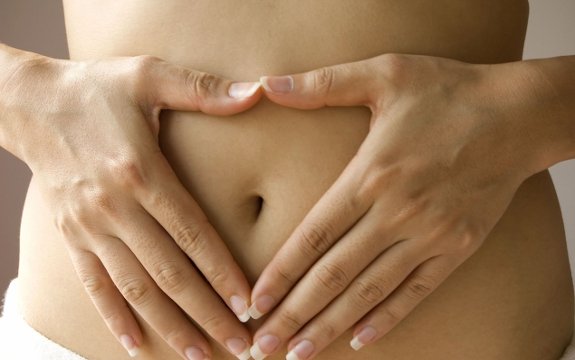Study Finds 25% of Population to be 40% Deficient in Gut Bacteria

 As everyone is aware, our digestive systems are filled with bacteria, and this is a good thing. Despite what all the soaps and solvents would have you think, bacteria are very necessary for optimal health. As a matter of fact, without this ecosystem of bacteria, we would surely die. But a recent study published in the journal Nature indicates that many of us don’t only not have the proper balance of “good” bacteria in our digestive systems, we have less than what is needed to “maintain good health.”
As everyone is aware, our digestive systems are filled with bacteria, and this is a good thing. Despite what all the soaps and solvents would have you think, bacteria are very necessary for optimal health. As a matter of fact, without this ecosystem of bacteria, we would surely die. But a recent study published in the journal Nature indicates that many of us don’t only not have the proper balance of “good” bacteria in our digestive systems, we have less than what is needed to “maintain good health.”
The study from officials with the Faculty of Health and Medical Sciences at the University of Copenhagen estimates about one-quarter of the population has 40% less intestinal bacteria than what is considered healthy. This is extremely important, as 70-80% of immune cells are found in the gut, protecting us from brain decline, the seasonal flu, and even protecting our bodies against cancer.
“Not only has this quarter fewer intestinal bacteria,” said lead researcher Oluf Pedersen, “but they also have reduced bacterial diversity and they harbor more bacteria causing a low-grade inflammation of the body.”
The study was conducted on 292 people from Denmark, 169 of which were obese and 123 of normal weight. The researchers indicated the overweight and obese were more likely to have this detrimental low gut bacteria.
“Our study shows that people having few and less diverse intestinal bacteria are more obese than the rest. They have a preponderance of bacteria which exhibit the potential to cause mild inflammation in the digestive tract and in the entire body, which is reflected in blood samples that reveal a state of chronic inflammation, which we know from other studies to affect metabolism and increase the risk of type 2 diabetes and cardiovascular diseases.”
Interestingly, another study from a French research team found that those overweight patients with low gut bacteria were able to increase their intestinal bacteria after following a 6-week low-fat diet. As low-fat diets are usually rich in plant-sources, the unprocessed and natural food sources no doubt helped to change the bacterial balance.
“This indicates that you can repair some of the damage to your gut bacteria simply by changing your dietary habits,” said Prof. Pederson. “Our intestinal bacteria are actually to be considered an organ just like our heart and brain, and the presence of health-promoting bacteria must therefore be cared for in the best way possible.”
This means you can make significant and nearly immediate changes to ensure your intestinal bacteria are balanced and therefore health-promoting. This is done by eating natural, organic produce and limiting processed foods. Adding fermented foods like kimchi, miso, and kefir are also great sources of probiotics, or good bacteria.
Additional Sources:
